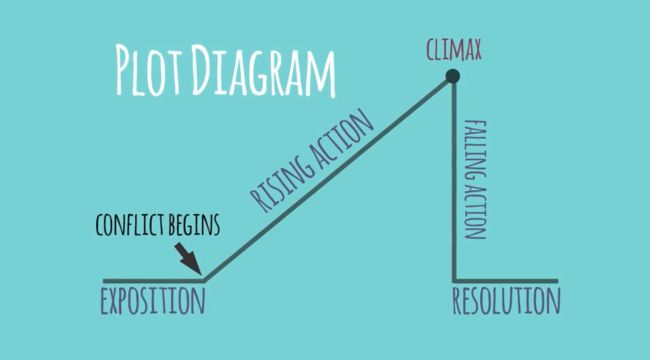Idea generation
- make a habit of having a pen and pad with me. Train myself to have these idea written down before it goes out of my head.
- Writers have the ideas that drag around them. The idea can come from anywhere in daily lives. Don’t discount anything.
- Try change scenery, change environment.
- Music
- The way that writers work their ideas out into stories are the reason why they are unique. Ideas are cheap, everybody can have the idea, but the way that it is elaborated makes difference.
Plots: something happens: series events that happen.
frameworks of plots:
- Quest
- Adventure
- Pursuit
- Rescue
- Escape
- Revenge
- Riddle
- Rivalry
- Underdog
- Temptation
- Metamorphosis
- Transformation
- Maturation
- Love
- Forbidden Love
- Sacrifice
- Discovery
- Rotted to access
- Exemption and Deception.
characters
- Add contrast: something doesn’t fit with the rest parts of the character’s personalities.
- Make them strive for something. Stimulate sympathy.
- Flaws. They have something to overcome.
- Use the plot to build new missions add to your characters. Hobbits, SW
- Extreme competents.
- Using history and backstories.
- Try to describe the characters in adjectives.
- Static characters & Dynamic character. Should I make the character change?
Start on the story
- Don’t start at a point that’s too early or too late. Bring it to the scene where most actions and emotions take place.
- Ask these questions: Am I starting with actions and dialogues? Or it’s just plain exposition?
Tension and spenses
- raise against time: give a time limit, seems impossible to accomplish.
- Up the stakes.
- Small details.
- Take away your character’s power.
- Add in the unknown
- Short chapters for click-hanger.
- Scenes
- the purpose of the scene:
- move the plot forward.
- develop/introduce a character
Spice the scene
- allocation (unusual scene)
- make one of the characters uncomfortable
- Make the contrast and make the surroundings match to the emotion.
Description
- When describing something, use more than sight to describe the scene.
- no big chulk of description
- cliche: let the character look into the mirror and describe the self.
Endings
- requires your character to done actions. The ending didn’t just happen to the character.
- Comes logically from the plot.
- Can’t leave any main questions unsettled.
- Best ending leaves the readers some emotions
- Make sure all of your main characters have their own ending scene.
- If there is something that your character really wants to see, don’t leave that off the screen
Link to the class
